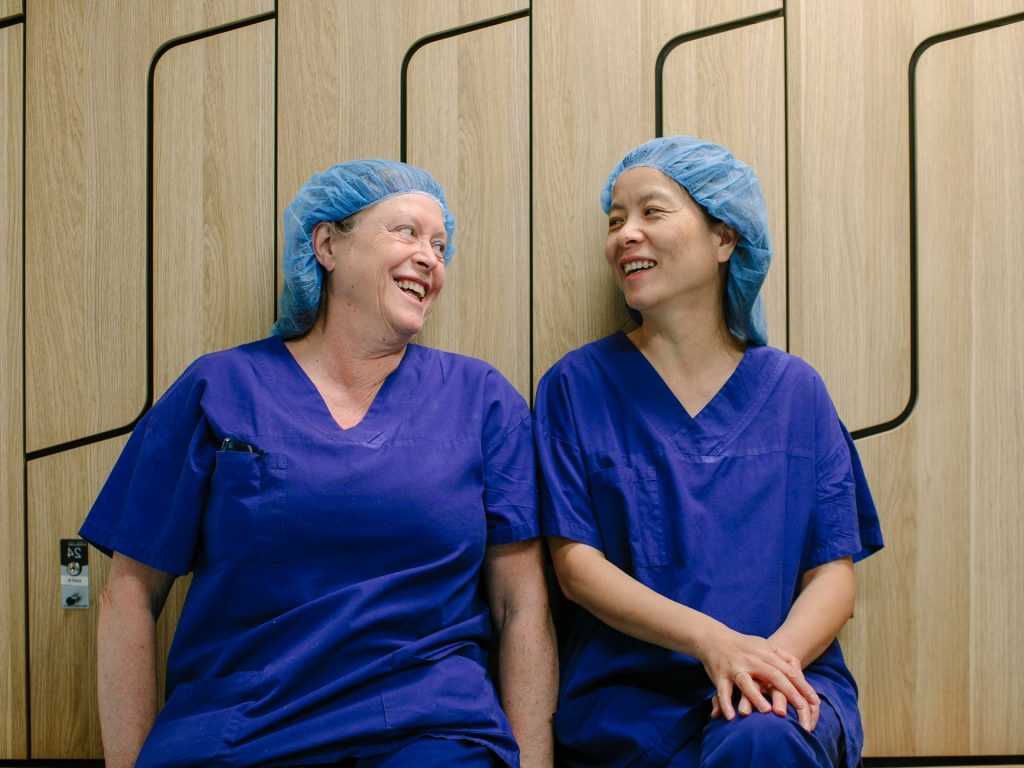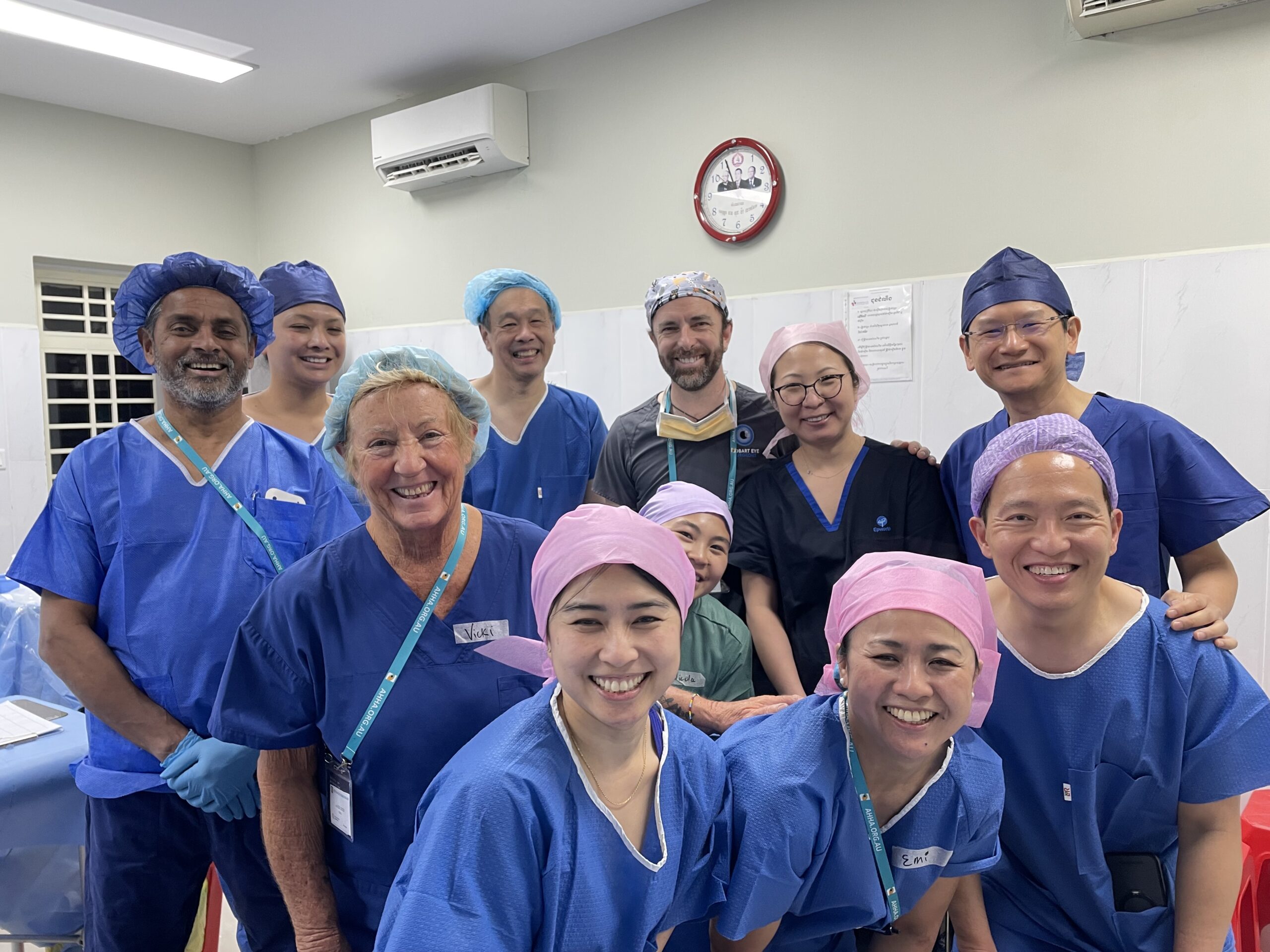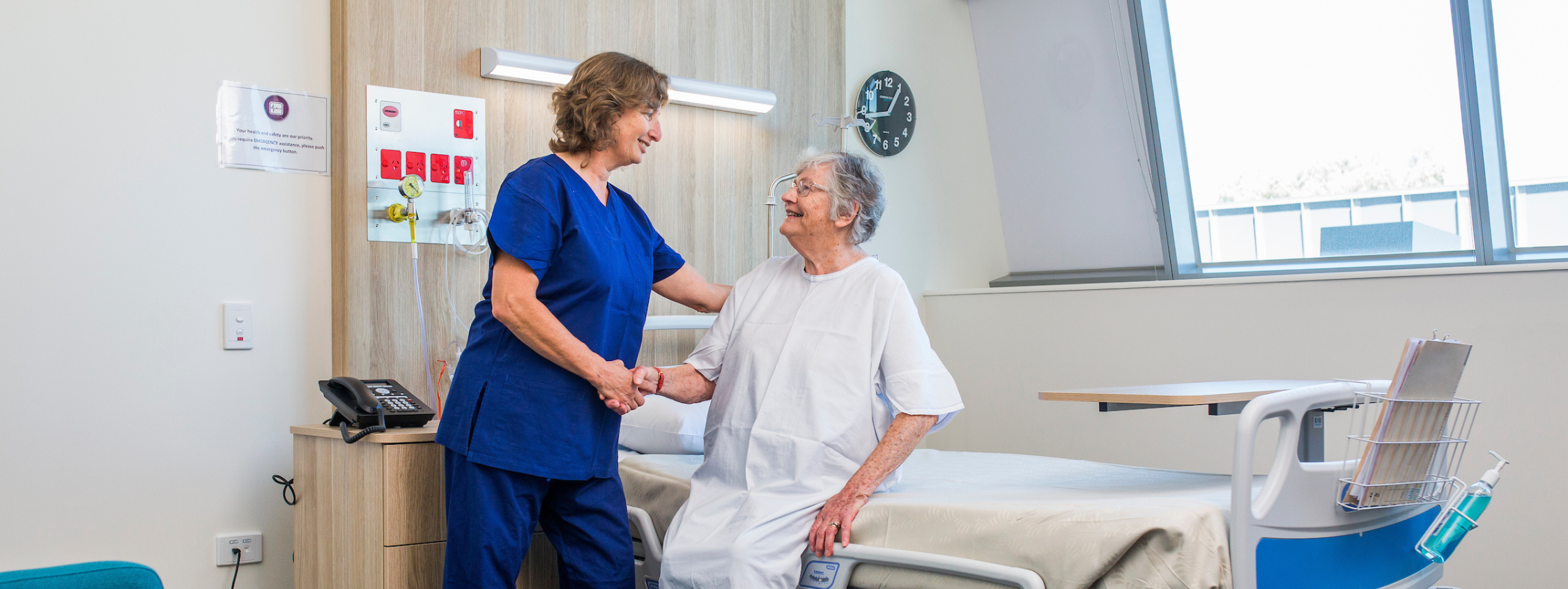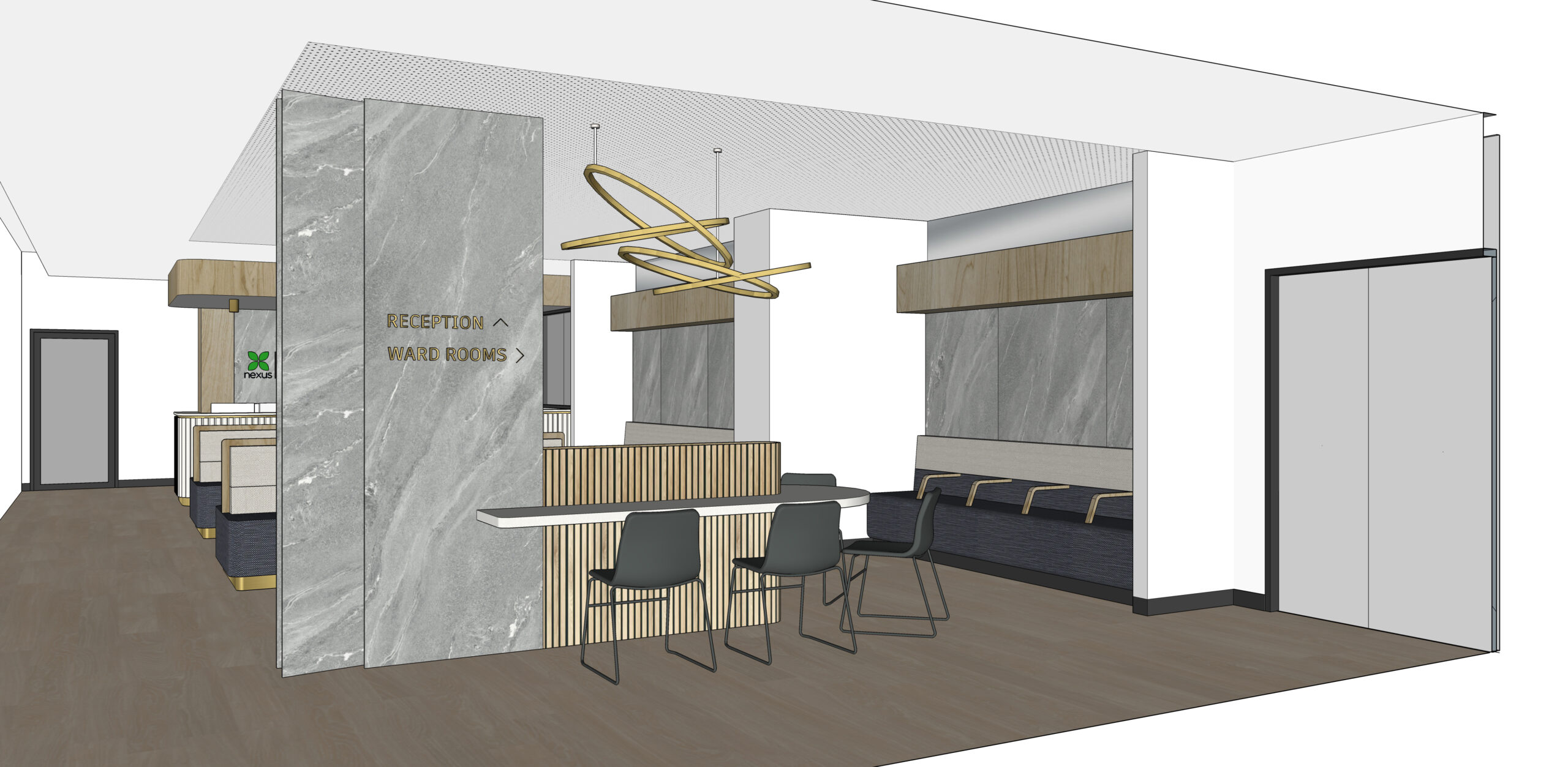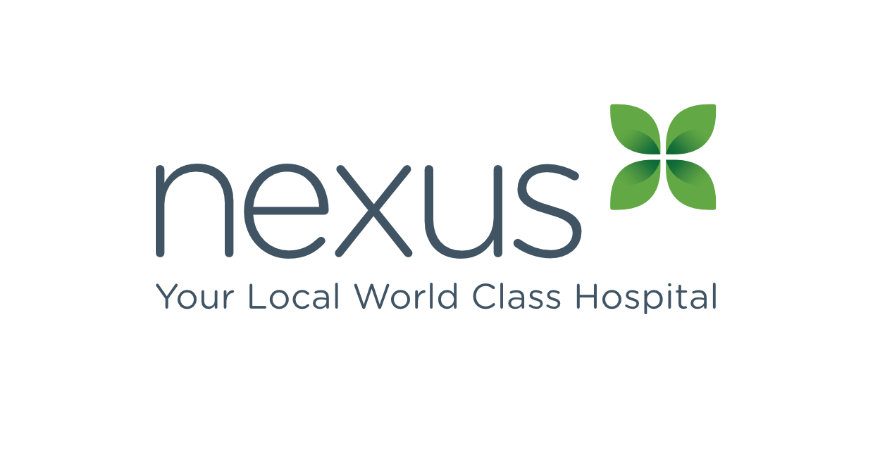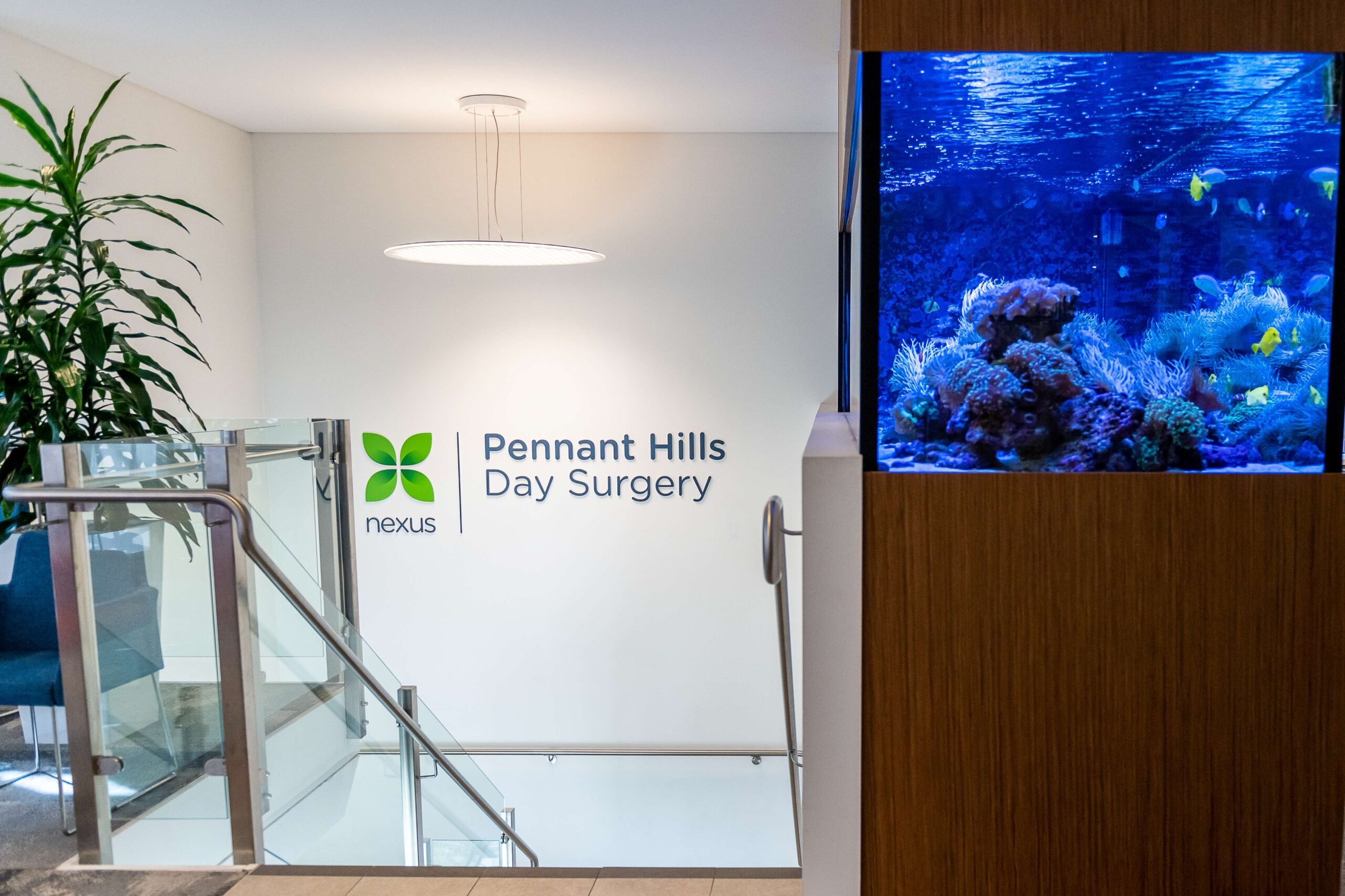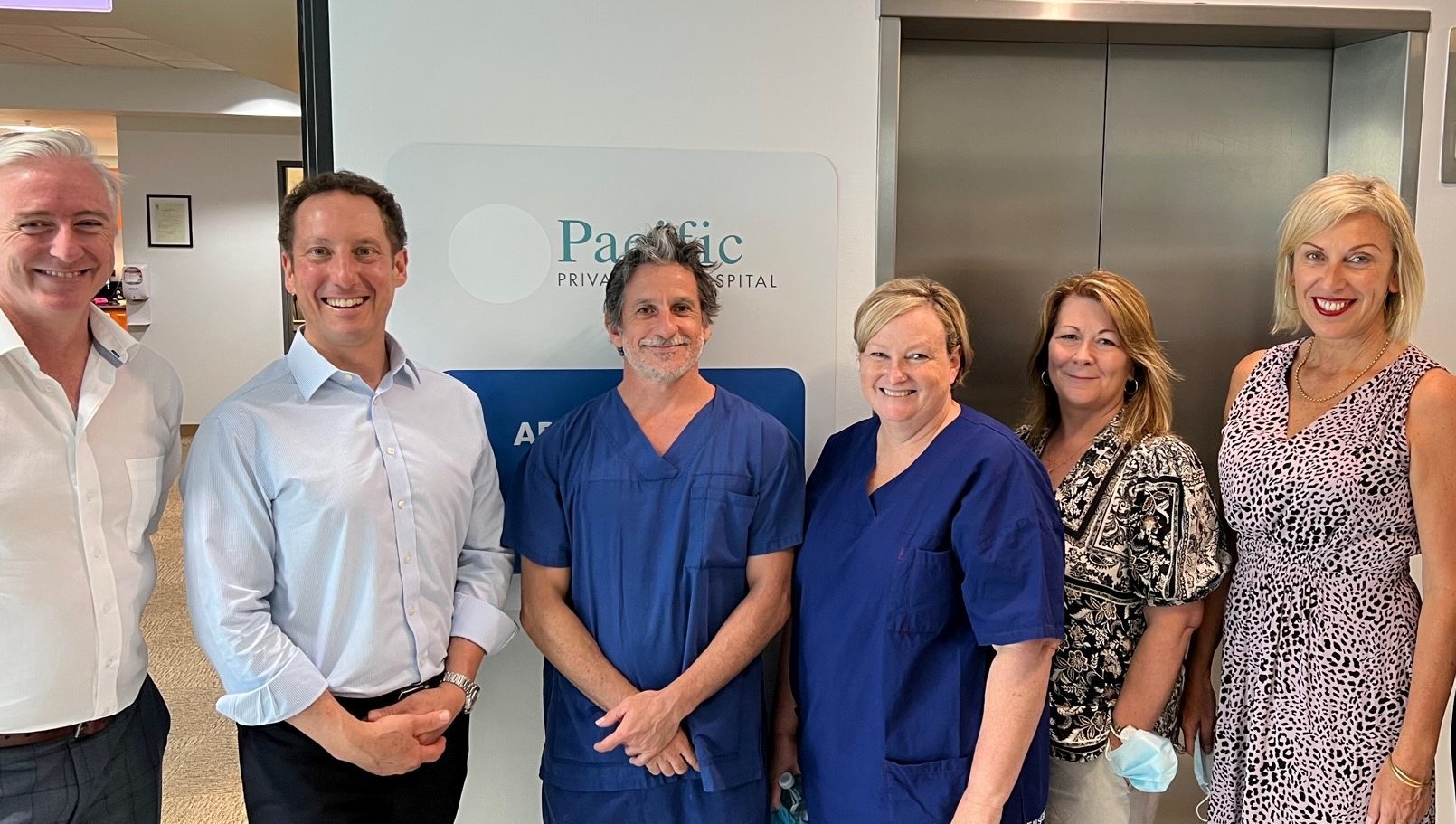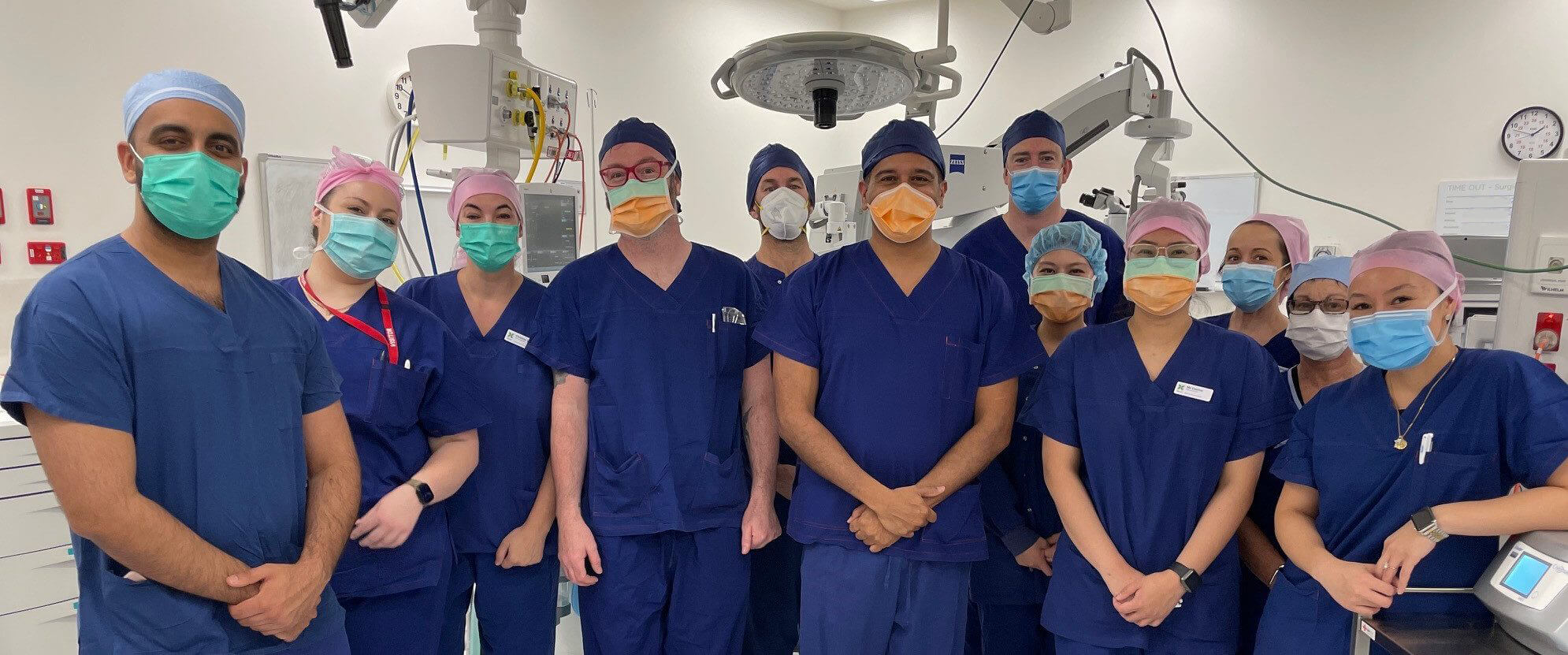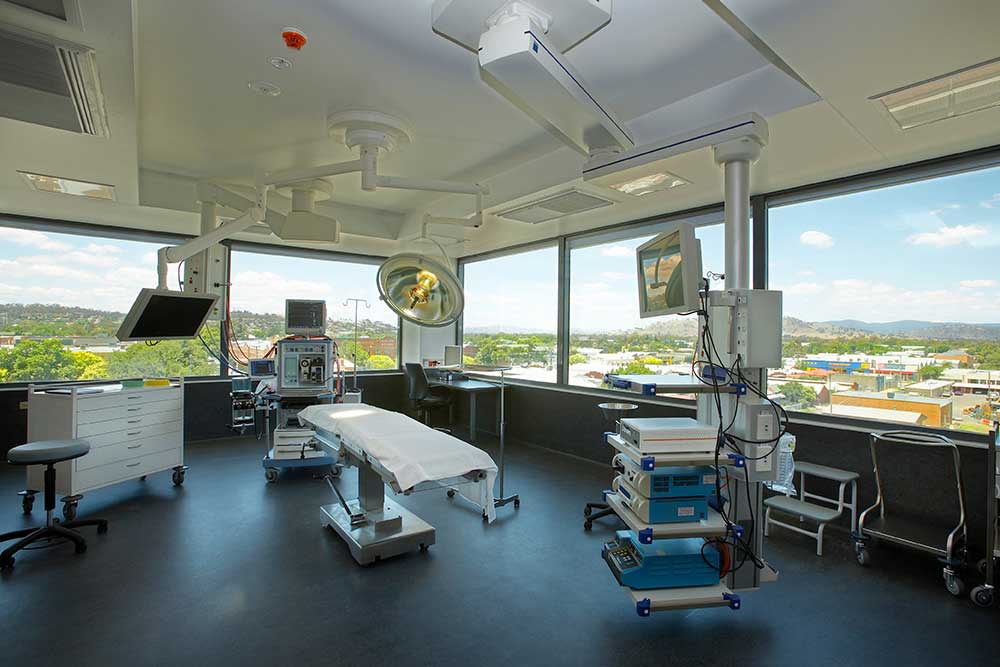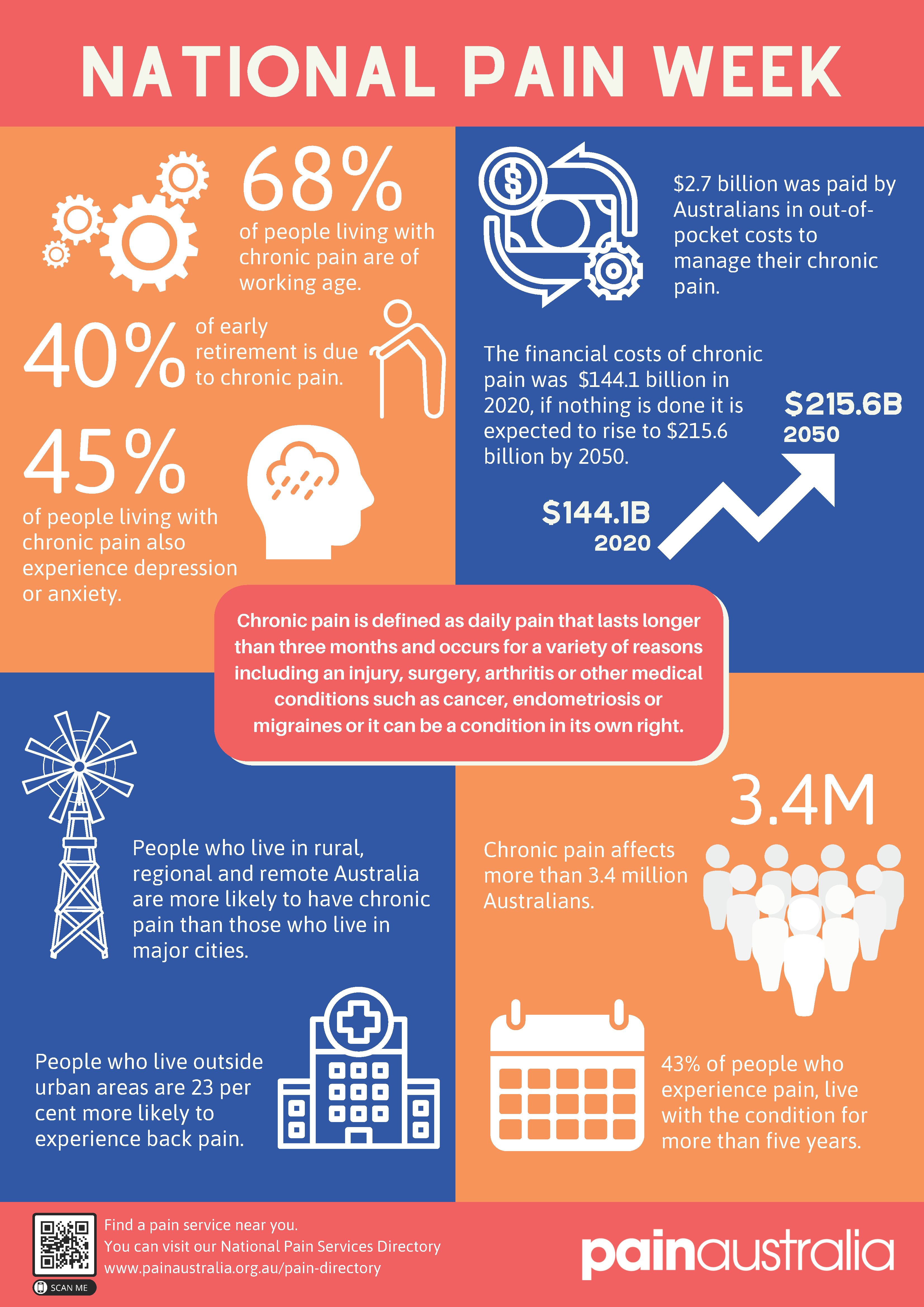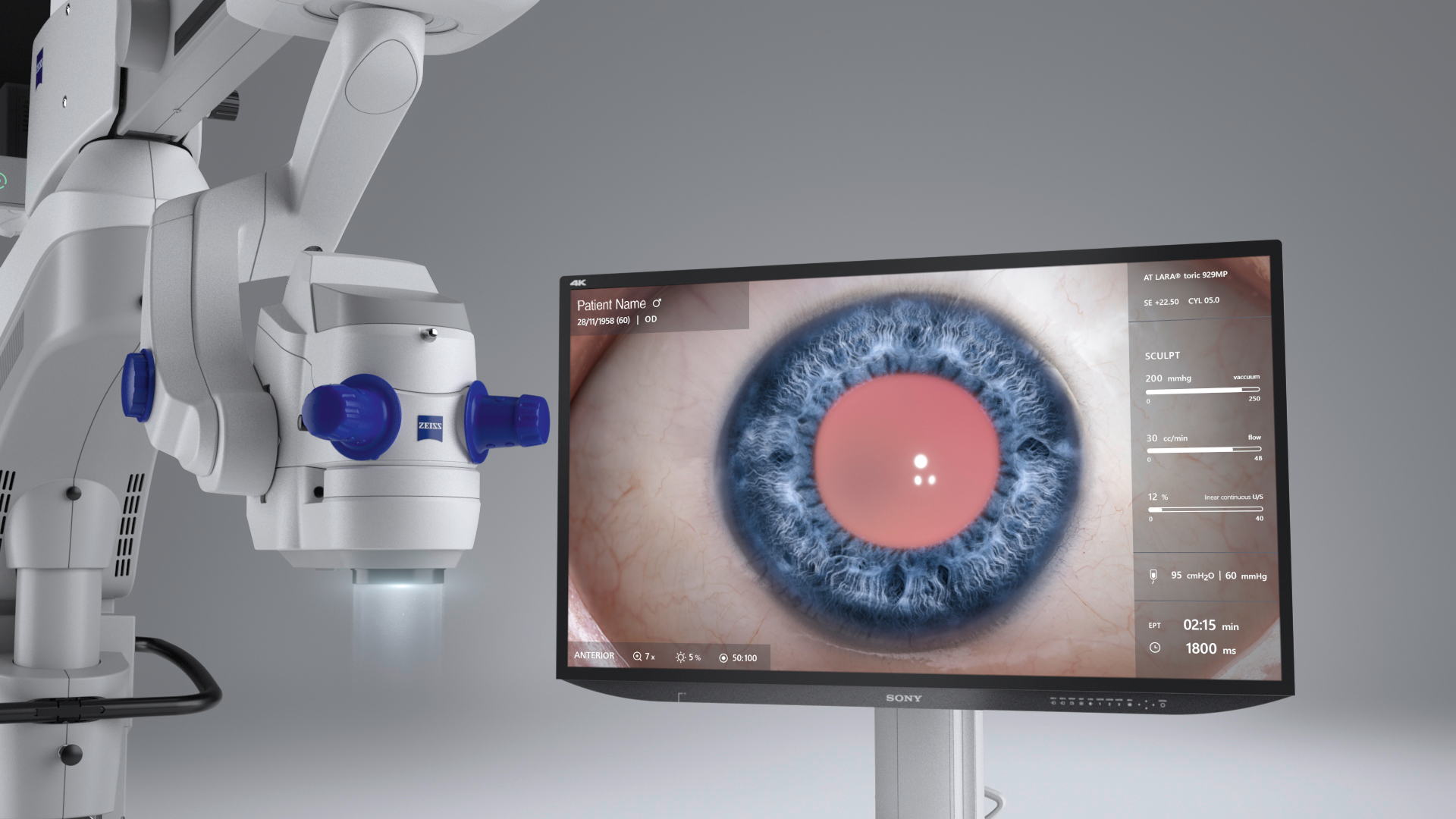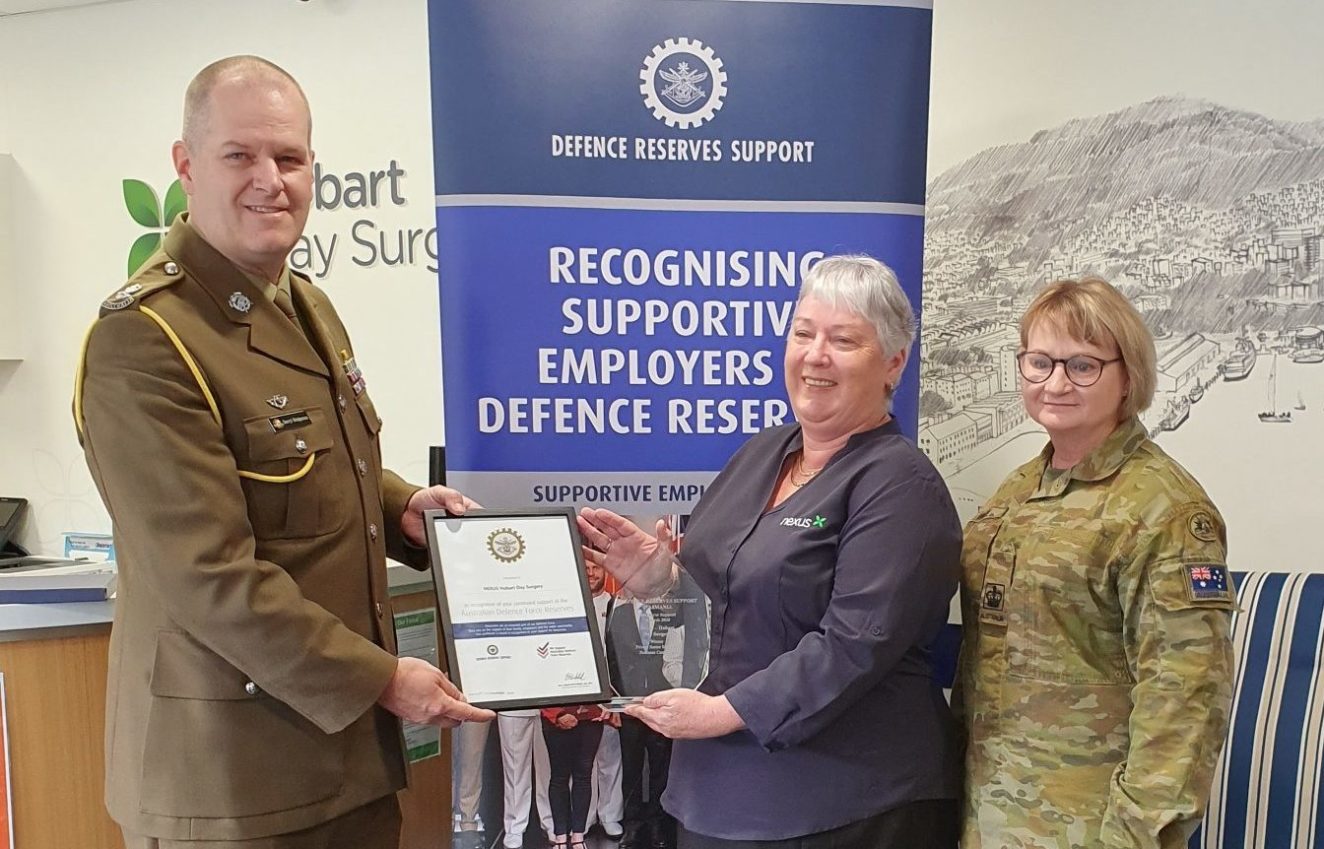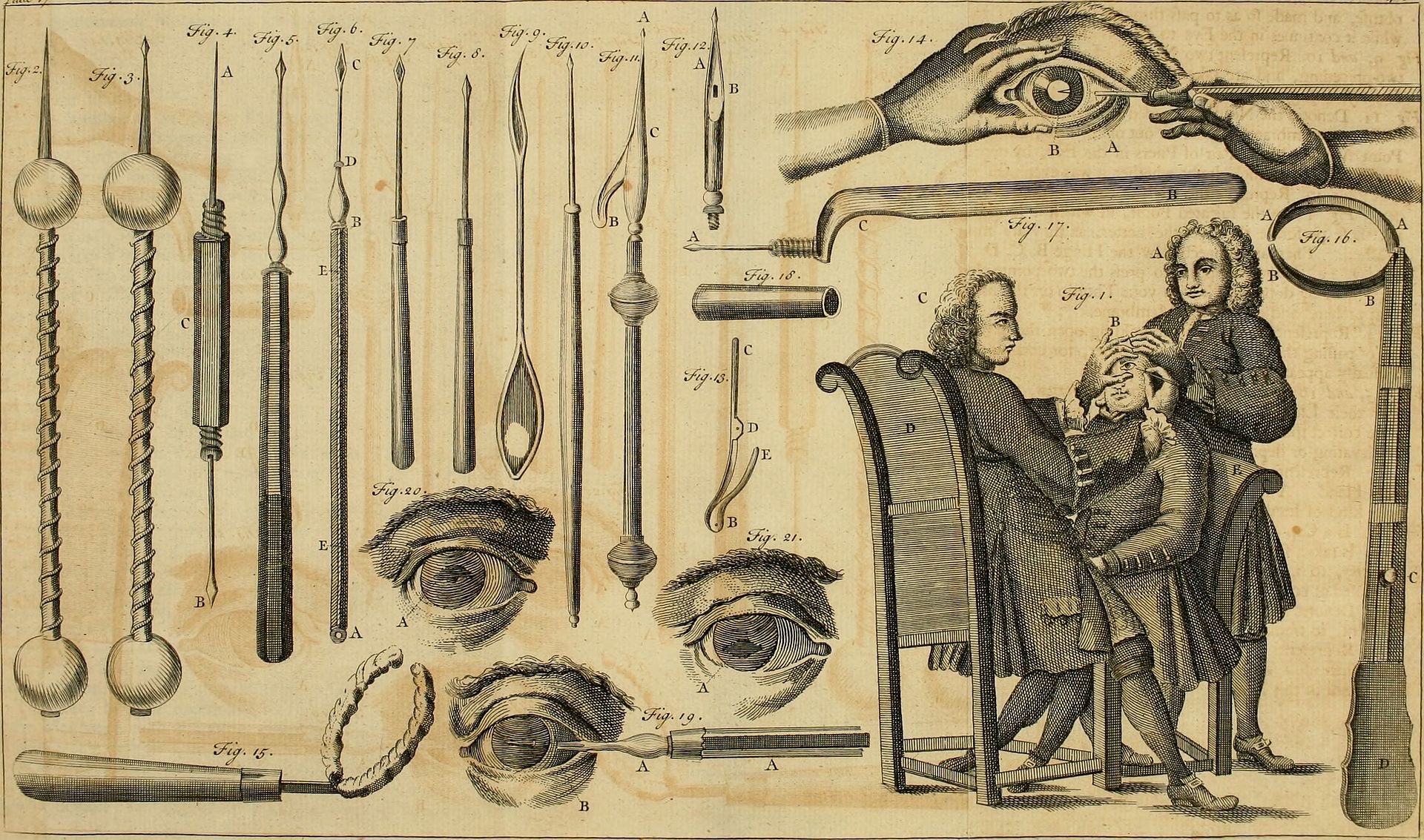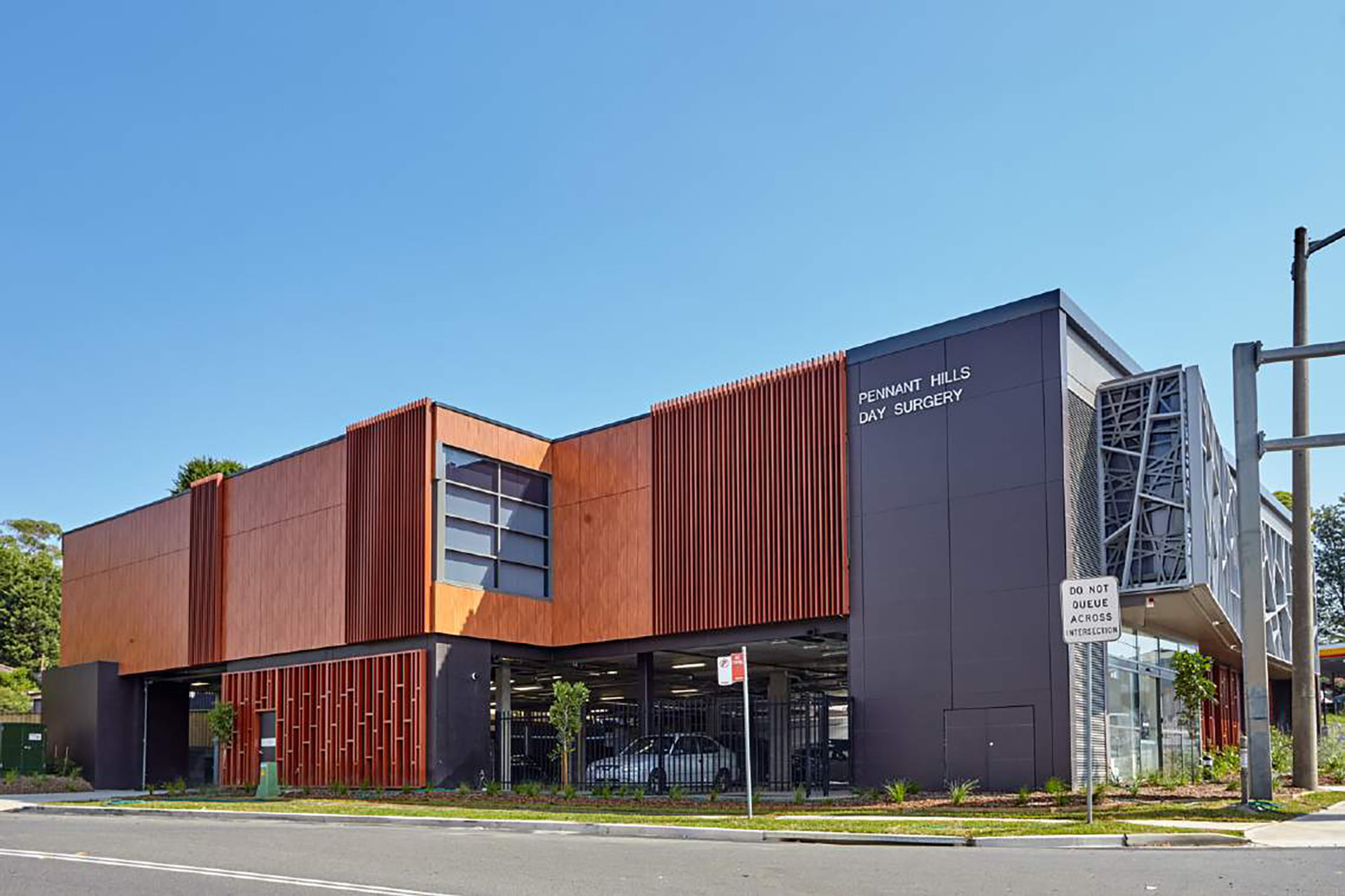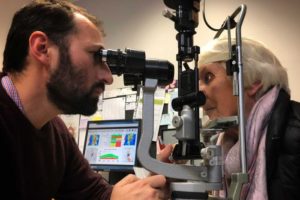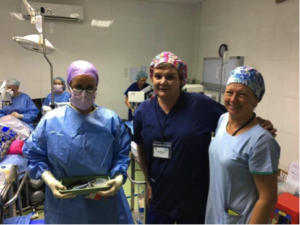/ News
Day and Short Stay Hospitals Essential to Private Health Viability
Australia’s leading day and short stay hospital operator, Nexus Hospitals, has urged the Federal Government to ensure the private hospital sector is properly funded for the work it performs and that there is a level playing field between payors and operators but also between larger and smaller operators.”
“We have welcomed the recent Private Sector Financial Viability Health Check and the creation of a better fact base. It is clear that health insurer funding for patient care has fallen significantly behind the cost of health service delivery, and this is compounded in day and short stay facilities due to low price indexation and lack of bargaining power.” Nexus Chair Dr Michael Stanford said.
“The Federal Government was right to look into the financial stability of private hospitals as the future is unsustainable for many in the sector. It’s now time for solutions.”
Nexus, a private hospital group operates 27 day and short stay hospitals across Australia delivering over 150,000 procedures and working with over 2,700 doctors. Nexus hospitals provide state-of-the-art health care, facilitating a wide range of essential elective surgeries in the highest quality clinical settings. Specialties include ophthalmology, gastrointestinal, orthopaedic, plastic surgery, dermatology, dental, chemotherapy as well as pain management procedures.
“Patients and clinicians are highly satisfied by care provided in day and short stay hospitals, which represent 54% of the private hospital sector and are growing activity at 6-7% annually (1)” Dr Stanford said.
“Short stay hospitals provide high quality efficient care at less cost to health insurers and patients than similar care in overnight stay hospitals. Health insurers need to increase funding for this part of the sector to ensure the commercial viability of procedures in a short stay setting otherwise these volumes will be either redirected to an overburdened public or a higher cost private overnight setting. The market power of health insurers and lack of pricing transparency for second-tier default benefits is restricting innovation and growth.”
According to the recently published Day Hospitals Australia paper, “A Fork in the Road”, significant volumes of much needed procedures, such as gastrointestinal endoscopies could be undertaken in day and short stay hospitals. It stated “if these minor complexity episodes currently done in overnight hospitals were instead done in day hospitals, the private health insurers would save a collective $133m annually.”
“It’s a similar situation for other critical procedures including cataracts, chemotherapy, children’s dental as well as others such as knee or hip replacements where long wait lists exist in the public and higher fees are charged in the overnight facilities. The burden and cost can be readily taken out of the system with the move to high quality and safe day and short stay hospitals provided the work is properly funded” says Dr. Stanford.
“Day and short stay hospitals have a key role to play in delivering high quality clinical care and better value for money for payors and patients, yet today they compete on an uneven playing field that is stifling their growth.” Dr Stanford concluded.
(1) Day Hospitals Australia Report June 2019






